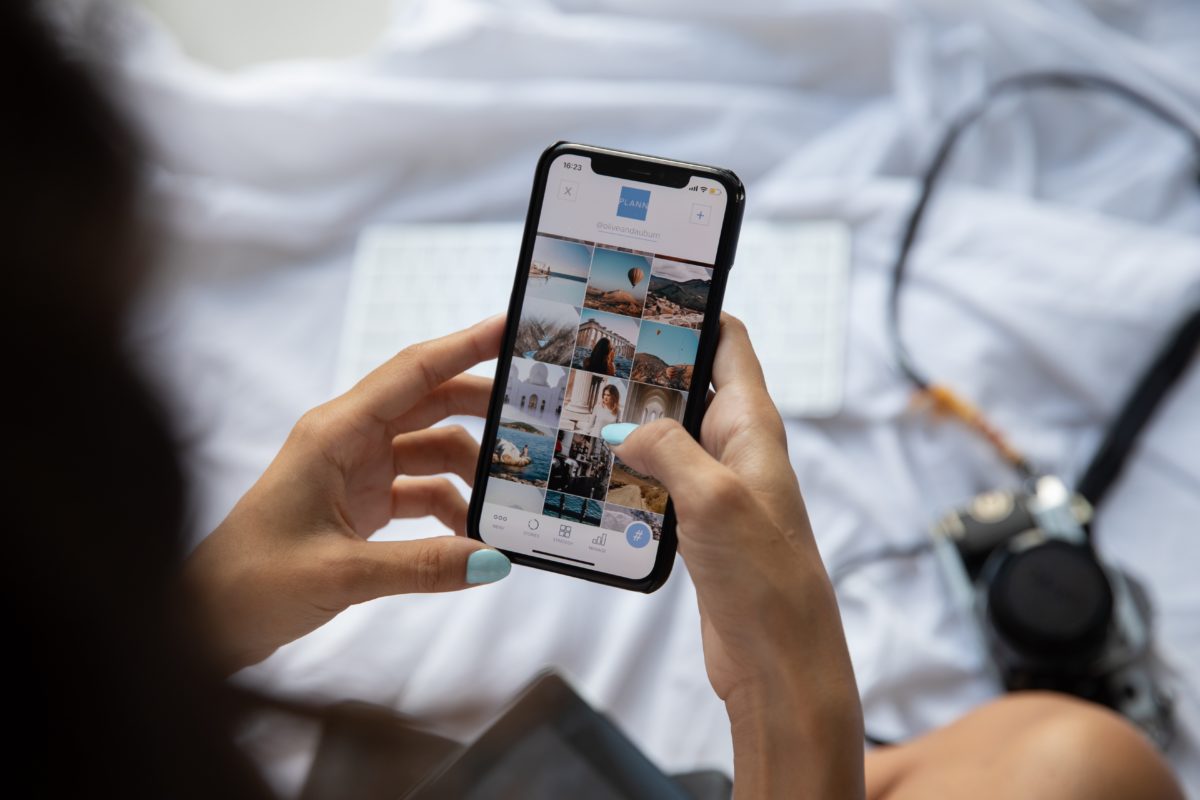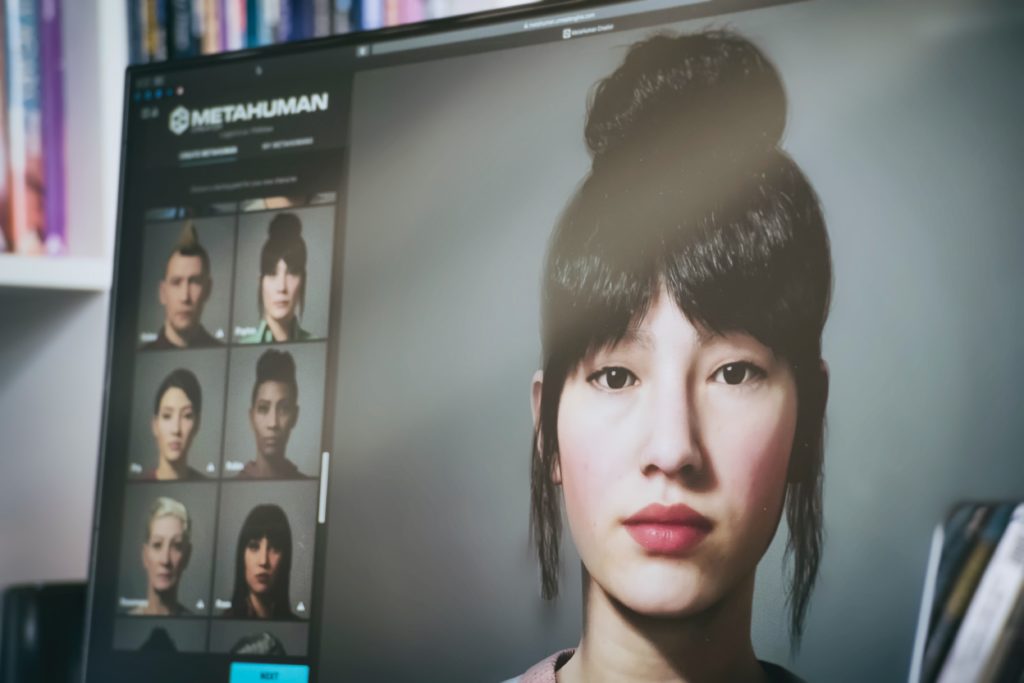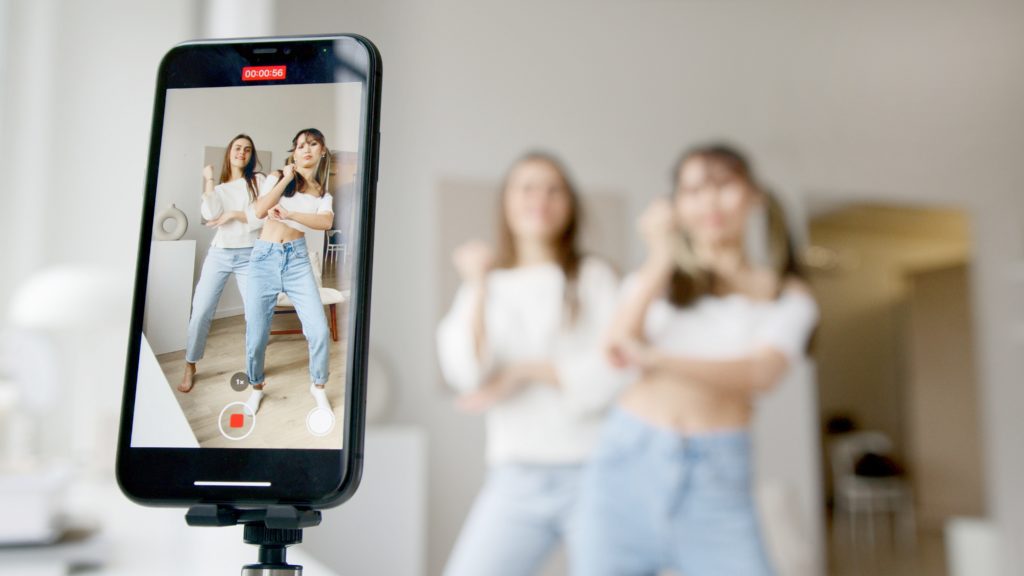The problem with virtual influencers
Despite their increasing presence on social media, the first virtual influencer was actually “born” in 2016. Lil Miquela quickly became an internet sensation and currently has more than three million followers.
Lil Miquela, and other famous virtual influencers like controversial former Trump supporter Bermuda and Japan’s virtual “It Girl” Imma, have been a source of contention for years.
Those against the concept of virtual influencers criticise their controllable nature and resulting lack of authenticity, as well as their often idealistic and uncomfortably attractive appearances contributing to the creation of unattainable beauty standards.
However, those who are “pro” virtual influencers champion their customisable nature and the fact that they can help brands communicate positive initiatives to promote change (like Lil Miquela supporting the Black Lives Matter movement).
We know there’s a company somewhere out there controlling every virtual influencer – which raises the question: is virtual influencer marketing a form of manipulation? As reality and technology converge, artificial intelligence and automation will continue to blur the line between these two realms. What matters is how brands navigate themselves in this space.
Meta (formerly Facebook) is developing a framework to enhance digital transparency when it comes to virtual influencers and synthesised humans. This reflects the backlash against this type of influencer marketing as people become more concerned with the ethical issues relating to deceptive marketing and transparency.






